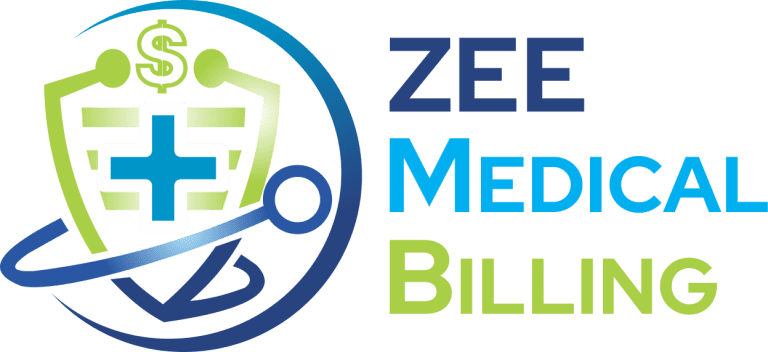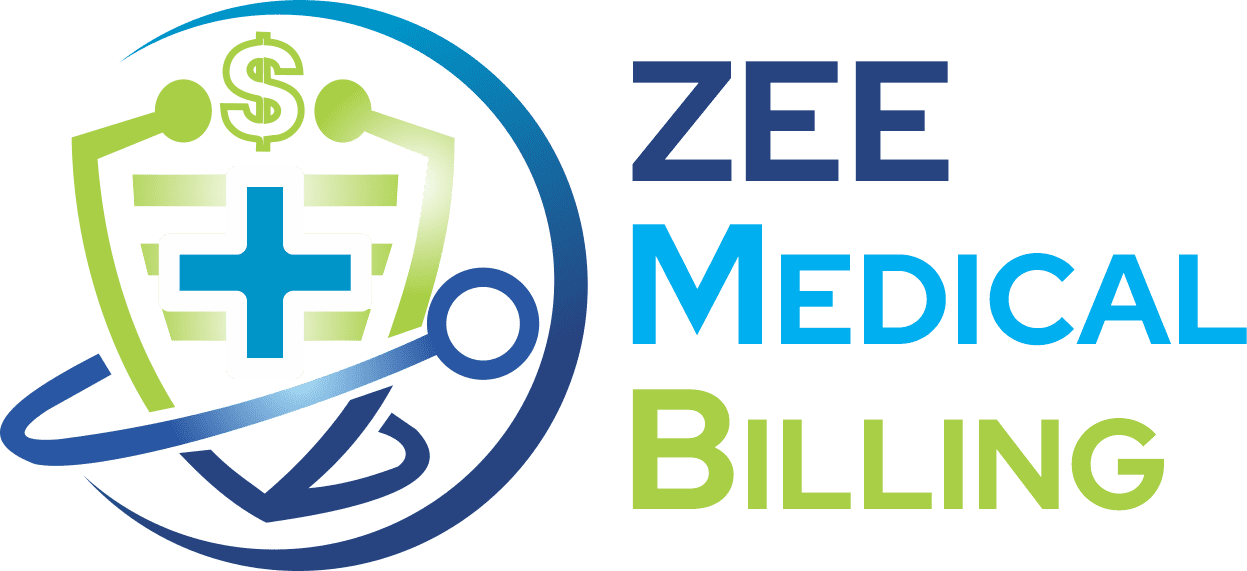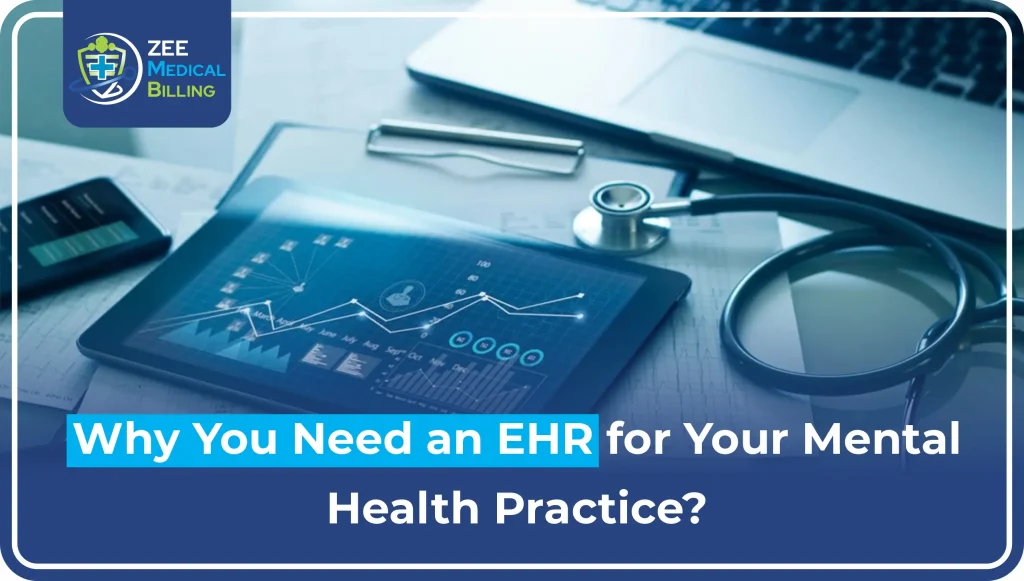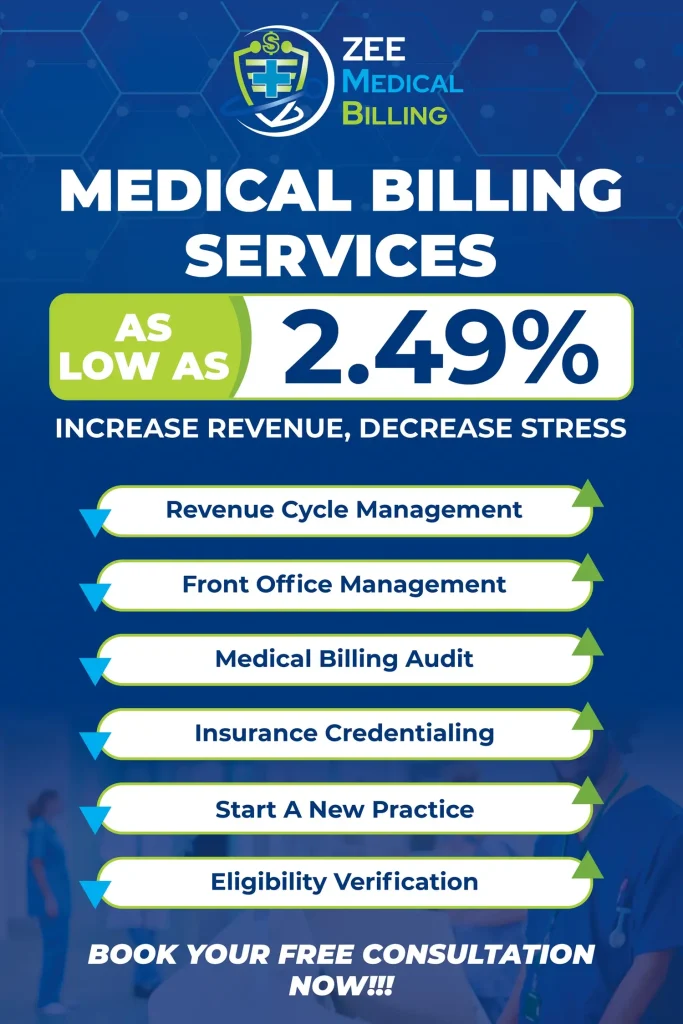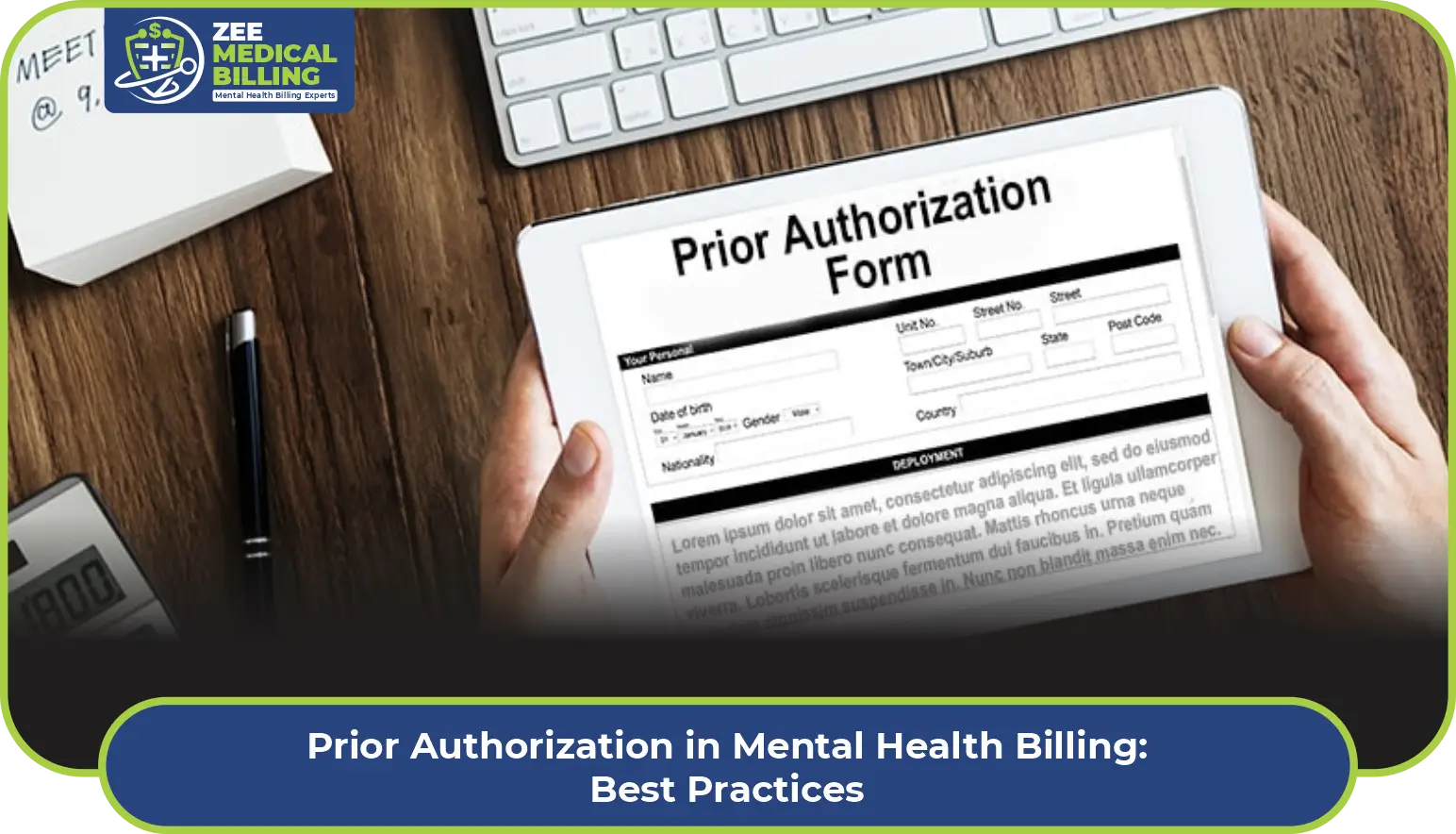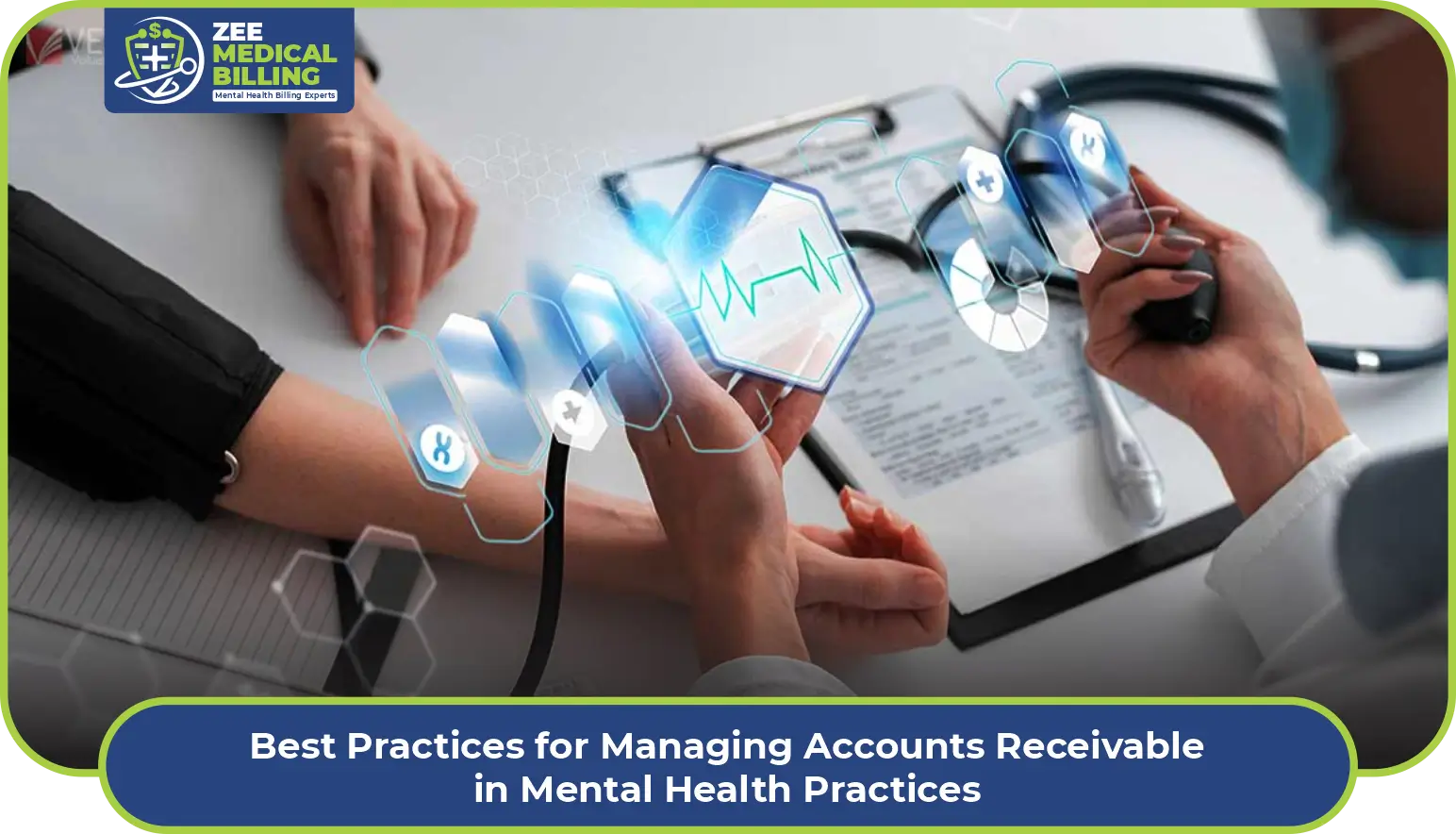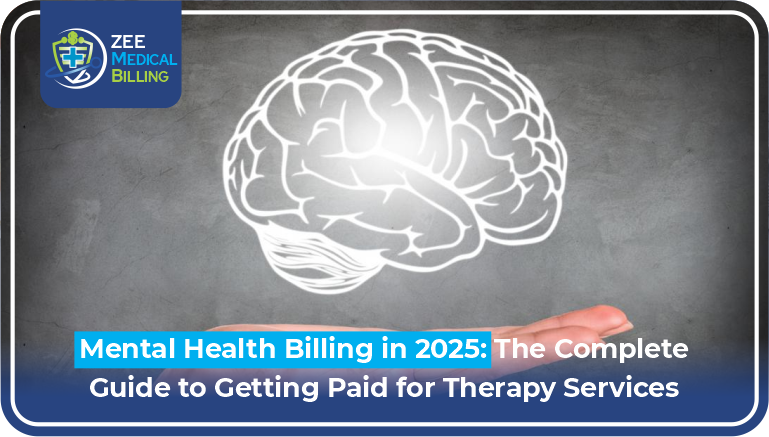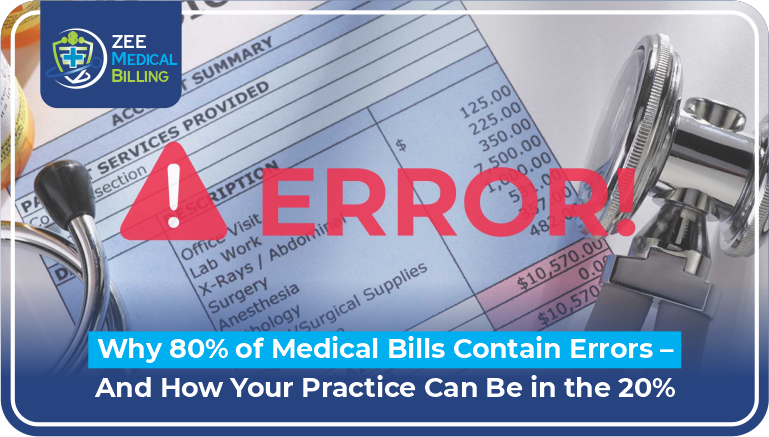In today’s fast-paced, data-driven healthcare landscape, mental health providers need tools that streamline documentation, improve care coordination, and ensure compliance. That’s where Electronic Health Records (EHRs) come in. A well-designed Electronic Health Record (EHR) for mental health can transform the way your practice operates—saving time, reducing errors, and enhancing the overall client experience.
This comprehensive guide explains the importance of adopting an Electronic Health Record (EHR) system in your mental health practice, the key features to look for, and how the right platform supports both clinical and administrative workflows.
What is a Mental Health EHR?
An Electronic Health Record (EHR) for mental health is a digital system designed specifically for behavioral and mental health providers to manage patient information, treatment plans, assessments, progress notes, and billing—all in one secure place.
Read More: EHR vs EMR: What’s the Difference in Simple Terms?
Unlike generic EHR systems, mental health EHR platforms are customized to include:
- Behavioral health templates
- SOAP notes and DSM-5 coding
- Mental health assessments and outcome tracking
- HIPAA-compliant telehealth features
- Group therapy and multi-provider functionality
Why Mental Health Practices Need an EHR System?
1. Streamlined Documentation
Mental health EHR software helps you document therapy sessions, diagnoses, and treatment plans quickly and consistently. Customizable note templates save time and maintain clinical accuracy.
2. Improved Client Care
EHR systems support better decision-making by providing access to complete, real-time patient records. This improves continuity of care and outcomes for clients.
3. Scheduling and Telehealth Integration
Many modern EHR platforms include appointment scheduling tools and telehealth integrations, which are especially useful for mental and behavioral health professionals.
4. Secure and HIPAA-Compliant
Confidentiality is critical in mental healthcare. EHRs ensure HIPAA-compliant data handling, encryption, and user access controls.
5. Simplified Billing and Claims
Integrated billing tools help reduce errors and expedite reimbursements. Whether you’re billing insurance or managing self-pay clients, a mental health electronic health record (EHR) simplifies financial workflows.
Key Features to Look For in a Mental Health EHR
Not all EHRs are created equal. Here are the must-have features when selecting EHR systems for mental health providers:
1. Customizable Progress Notes
- SOAP, DAP, and BIRP formats
- Preloaded mental health templates
- Quick-fill options to reduce typing
2. Assessment Tools
- Built-in standardized mental health assessments
- Automated scoring and tracking
3. Client Portal Access
- Secure Messaging
- Appointment booking
- Document sharing and intake forms
4. Multi-User and Group Therapy Support
- It is ideal for agencies or practices with multiple clinicians
- Group session documentation and shared notes
5. Telehealth Capabilities
- Video conferencing is built into the EHR
- Integrated with scheduling and notes
6. Mobile and Cloud Access
- Access client records securely from anywhere
- Useful for remote or hybrid practices
7. Insurance and Claims Management
- Electronic claims submission
- Superbill generation
- Insurance eligibility checks
Best Fit for Different Practice Sizes
For Solo Practitioners
- Look for simplicity and affordability
- Focus on ease of use, note templates, and basic scheduling
For Small Clinics
- Multi-provider support
- Shared calendars and billing tools
For Large Agencies
- Advanced reporting and analytics
- Staff management tools
- Support for complex documentation workflows
Benefits of Using Mental Health EHR Systems
1. Time Efficiency
Automated workflows allow you to spend less time on paperwork and more time with clients.
2. Enhanced Communication
Client portals and secure messaging foster better communication and engagement.
3. Data-Driven Insights
Track client progress, outcomes, and provider performance through built-in analytics tools.
4. Regulatory Compliance
Meet state and federal compliance standards, including HIPAA and specific state regulations, such as those in California.
5. Scalability
Start small and expand as your practice grows—many EHR systems are designed to scale from solo to multi-location operations.
Free vs. Paid EHR Solutions
While some platforms advertise as free mental health EHR systems, they may come with limitations like:
- Limited storage
- Fewer customization options
- Restricted access to support
If budget is a concern, some providers offer basic plans with options to upgrade later.
Read More: Advantages of Outsourcing Mental Health Billing Services
How to Choose the Right EHR for Your Practice?
1. Define Your Workflow
Identify your most common tasks—such as charting, scheduling, and billing—and choose a system that supports those processes.
2. Compare User Experience
Opt for intuitive software that your team can learn quickly and effectively. Demos and trials are helpful.
3. Check Security Standards
Ensure the EHR platform offers encryption, access control, and audit logs.
4. Review State-Specific Needs
In states like California, mental health documentation and electronic health record (EHR) requirements may differ. Verify that your EHR complies with all local standards.
5. Plan for the Future
Choose software that can adapt as your practice expands into group therapy, telehealth, or multiple locations.
FAQs
What is the best EHR for mental health?
The best EHR depends on your practice size, budget, and workflow. Look for platforms that are customizable, compliant, and user-friendly.
Are there free Electronic Health Records (EHRs) available for mental health providers?
Yes, some EHR systems offer free plans with limited features. These can be useful for solo practices or startups.
Can Electronic Health Records (EHRs) effectively support telehealth for mental health?
Many modern EHR platforms now include integrated telehealth features designed for mental and behavioral health services.
Is a mental health EHR different from a general EHR?
Yes. Mental health EHRs offer behavioral-specific tools, therapy note templates, and features that support long-term care models.
Does the law require electronic health records (EHRs) for mental health providers?
While not always legally required, EHRs are highly encouraged and often necessary for insurance billing, compliance, and efficient practice management.
Final Thoughts
Whether you run a solo therapy practice or a large mental health agency, adopting a mental health-specific electronic health record (EHR) system can significantly enhance your operational efficiency and the quality of care you provide. From secure documentation to seamless scheduling and billing, the right EHR streamlines complex tasks and ensures compliance with industry standards.
Need Expert Medical Billing Services?
Zee Medical Billing provides professional billing solutions tailored to healthcare providers across the United States. In addition to offering top-tier support from our main office, we proudly serve clients in Illinois, Indiana, California, Kentucky, New York, Washington, Georgia, Alabama, South Carolina, Texas, Pennsylvania, Ohio, New Hampshire, Nevada, Massachusetts, Hawaii, Arizona, and Colorado! Whether you’re looking to streamline your revenue cycle or improve claims accuracy, you can reach out to us to learn more about how we can support your practice.
